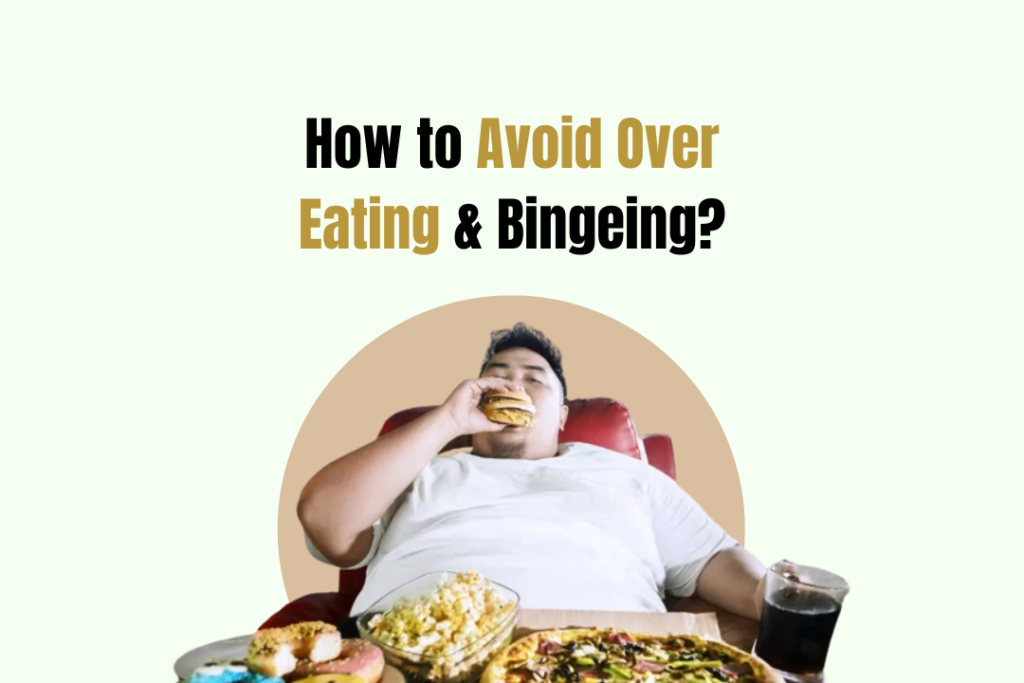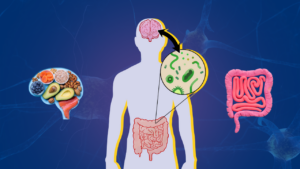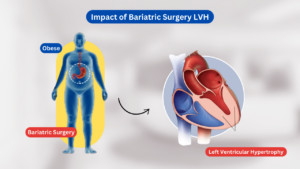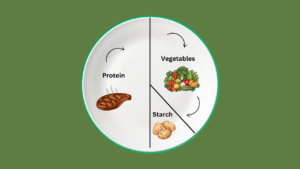
Yashvi Chheda
Bariatric Dietician & Content Writer

How to Avoid Over Eating & Bingeing?

It might be challenging to break the habit of eating too much all at once or too many calories throughout the day.
And while some regard these actions as habits that can be overcome, others may see them as signs of an eating disorder.
Eating excessive amounts of food over time might result in weight gain and raise your chance of getting a chronic illness like diabetes or heart disease.
Breaking the cycle of overeating can be difficult, regardless of whether you have an eating disorder. However, some methods can be useful.
Tips that provide a starting point to reduce overeating:-
Get rid of distractions
Eating while distracted is a regular occurrence for most people, whether they are working through lunch in front of the computer or munching on chips while catching up on their favorite TV show.
Although it might seem like a harmless habit, it might lead to overeating.
A review of 24 studies discovered that participants consumed more calories at meals when they were distracted. In comparison to individuals who focused on their meal when they were eating, it also led them to eat more food later in the day.
Know your trigger foods
Identifying the foods that cause overeating and avoiding them can aid in reducing the likelihood of overeating.
For instance, it’s a good idea to stop freezing ice cream if it tends to cause binges or episodes of overeating. You may be less prone to overeat that food if it is more difficult to get to.
Making nutritious snacks available, such as sliced apples with peanut butter, hummus and vegetables, or homemade trail mix, can influence people to make healthier snacking decisions.
To avoid the temptation take a handful when passing unhealthy snack foods like chips, candies, and cookies, keep them out of sight.
Do not ban all your favorite foods
Restrictive eating patterns that eliminate many of your favorite foods may cause you to feel deprived, potentially leading you to binge on forbidden treats.
The healthiest diets always focus on complete, unprocessed foods, but allowing room for a treat every so often is totally healthy.
For the majority of individuals, vowing never to eat another scoop of ice cream, slice of pizza, or piece of chocolate is unfeasible.
Having said that, a person with a food addiction may need to permanently avoid their trigger foods. In this situation, it’s wise to look for satisfying, wholesome alternatives.
Concentrate on feeding your body largely wholesome, nutritious foods while allowing yourself the flexibility to fully appreciate an occasional pleasure.
Try consuming volumetric/nutrient dense food items intentionally
According to the volumetrics eating approach, you should fill up on low-calorie, high-fiber foods like non-starchy veggies.
Before meals, consuming low-calorie, high-fiber, and hydrating foods might make you feel full and help you avoid overeating.
Foods that are good for volumetrics include grapefruit, broccoli, beans, tomatoes, salad greens, and low-sodium broth.
Before lunch and supper, try eating a big salad or a bowl of low-sodium soup with a broth basis. This may help you avoid overeating.
Avoid eating from containers
Eating takeaway directly from the box, ice cream straight from the carton or chips out of the bag can result in consuming more food than is advised as a serving size.
Instead, divide your food into separate servings and place them on a plate or bowl to assist you limit the quantity of calories you eat at one time.
Train your eye to recognise a typical portion size for various food types by using measuring equipment.
Try reducing your stress factor
Finding techniques to lessen your daily stress is vital because stress can cause overeating.
Chronic stress raises cortisol levels, which is a hormone that makes you hungry. Stress has been linked to overeating, increased appetite, binge eating, and weight gain, according to studies.
Your daily stress levels can be decreased in a variety of easy methods. Think about engaging in activities like music listening, gardening, physical activity, yoga, meditation, or breathing exercises.
Eat regular meals
Many people skip meals when trying to lose weight in the assumption that doing so will reduce the amount of calories they consume.
While intermittent fasting is one situation when this may be effective, skipping meals may lead to you overeating later in the day.
More frequent meals throughout the day have been shown in studies to reduce hunger and total food intake.
For instance, some people would skip lunch in an effort to cut calories, only to overeat in the evening. A healthy lunch, however, can lessen the likelihood of overindulging later in the day.
Keep a food journal
Utilising a food diary or smartphone app to record your meals may help you eat less excessively.
Numerous studies have suggested that employing self-monitoring methods, such as keeping a food diary, may help people lose weight.
Additionally, keeping a food journal can aid in identifying the circumstances, feelings, and foods that are most likely to lead to binge eating.
Fill up on protein
Protein can reduce the temptation to overeat by keeping your body satisfied throughout the day.
For instance, it has been demonstrated that eating a high-protein breakfast will help you feel less peckish later in the day.
The hormone ghrelin, which promotes appetite, tends to be lowered after eating a protein-rich meal like eggs.
Greek yogurt and other snacks with a greater protein content can help you control your hunger and eat less during the day.
Stabilize your blood sugar
Blood sugar levels will probably jump after consuming white bread, cookies, sweets and other carbohydrates with high glycemic indices, then swiftly decline.
It has been demonstrated that this abrupt drop in blood sugar increases hunger and increases the risk of overeating.
Lower glycemic index meals can help prevent blood sugar spikes and may help you eat less. Brown rice, oats, and beans are all excellent choices.
Eat slowly
Overeating and weight gain may result from eating too quickly.
Slower eating is linked to feeling more satisfied and less hungry and might be a helpful tool for preventing overeating.
It has also been demonstrated that chewing food completely reduces overall food consumption and heightens feelings of fullness.
Break old habits
Overeating and weight gain may result from eating too quickly.
Slower eating is linked to feeling more satisfied and less hungry and might be a helpful tool for preventing overeating.
It has also been demonstrated that chewing food completely reduces overall food consumption and heightens feelings of fullness.
Many people struggle with overeating.
Fortunately, there are ways to improve eating habits and overcome eating disorders.
Healthcare professionals like psychologists, doctors, or registered dietitians can also provide counseling and guidance to help you get back on track.
Overeating can be a hard habit to break, but you can do it. Use these tips as a starting point to help establish a new, healthy routine, and make sure to seek professional help if you need it.







